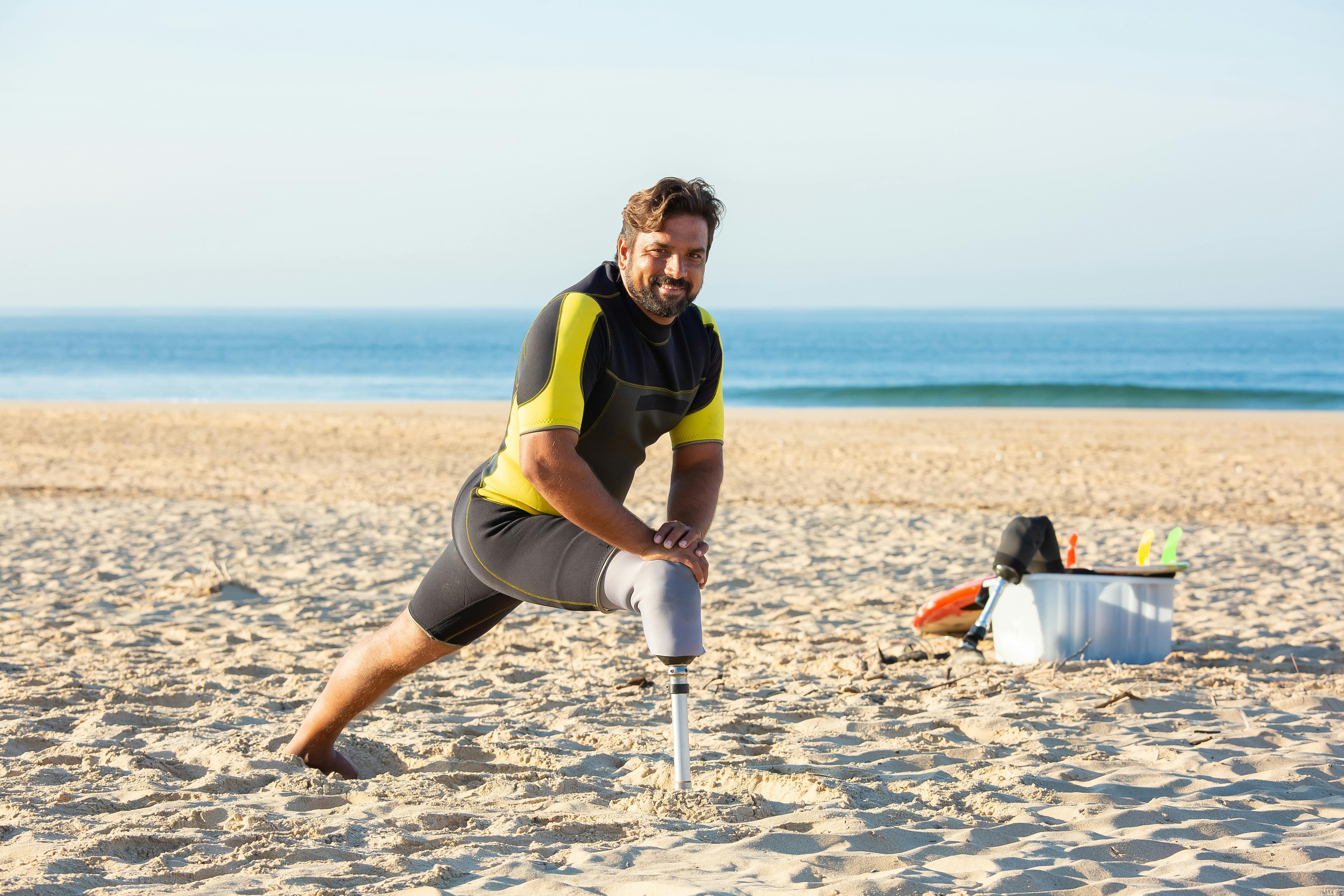A new look at an old sponge cake recipe, the pros and cons
Making changes to cake recipes is tricky. You never know how the result will actually turn out. Will it be too dry? Will the oven time need to change? How much beating is enough? The sponge cake recipe my sister sent me all those years ago called for baking in a bundt or tube pan. Since the cake starts out in a cold oven, heating it slowly at a very low temperature over a long baking time, using an angel food cake pan or other pan that separates at the bottom is disastrous. I say this from experience. The oven was a mess.
Difficulties with this Recipe
The only problem with the cake is that it has always stuck to the pan. It comes out in pieces. It’s still delicious. It can be used cut into a trifle. It can be used as a cake with fruit on top. It’s just not very pretty. An angel food tray would have been ideal, as it’s easy to run a knife around the edges to separate, lift up the tube part, and then run a knife through the base. But you can’t bake in that kind of pan. I thought using a couple of loaf pans would work. The recipe is large and you could easily make 2 smaller loaf pans. A loaf pan has straight sides so it is easy to line with parchment and thus eliminates the problem of sticking to the pan. This is not possible in a bundt or other solid tube mold, as they are usually patterned. But, I was wondering, how about a silicone pan?
Changes and Substitutions
Today I decided to take the plunge and try the silicone mold. I also decided to change the recipe a bit. The old recipe tastes wonderful, so flavor was never the issue. I recently wrote an article about using coconut milk instead of regular milk or cream for recipes, and decided to give this a try. The original recipe called for lemon flavor. I substituted a very small amount of pure lime oil. These flavors give it a slightly tropical flavor. Tropical sounded great to me, on a day that started out in minus 12 degrees.
The original recipe calls for placing the pan in a cold oven and setting the oven temperature to 325 degrees. The time for the cake was 1 1/4 to 1 1/2 hours. Maybe because I added things to the recipe, with a little more liquid, a little more flour, and an extra egg, it took a full 2 hours to fully bake. Doing this again, I think I’d start the cake in a preheated 325 degree oven and see how that affects the result. For now, even though I used the silicone pan, the cake still stuck. The flavor is fantastic. Next time, the loaf pans will be the star of the day. Here is my recipe.
tropical cake
3 sticks of unsalted butter
1/4 cup of oil
5 eggs
1 1/2 teaspoons vanilla
¼ teaspoon Boyajian Pure Lime Oil, or substitute the grated rind of one lime
3 cups all-purpose flour
1 1/4 cup coconut milk
Whisk the first 3 ingredients together. Add the eggs one at a time, beating well after each addition. Add the seasonings. Whisk in the flour in 3 separate additions, interspersed with the coconut milk.
If using a silicone pan, spray the pan with cooking spray. Pour in the batter and place the pan on a small baking sheet in a cold oven. Bake for approximately 2 hours, or until a long toothpick inserted in center comes out clean. Let cool in pan before removing.
If using 2 loaf pans, spray each with cooking spray, then cut two pieces of parchment for each pan. One piece should fit the length of the pan, extending down the sides as well. The second piece should fit the width of the platter, as well as extend out to the sides. Spray a second time, to ensure easy removal later. Place loaf pans in a cold oven, set oven to 300 degrees, and bake for about 1 hour, or until toothpick inserted in center comes out clean.
Thank you for taking the time to read my article. I hope this has been informative and has helped you on your own culinary journey.

Leave a Reply